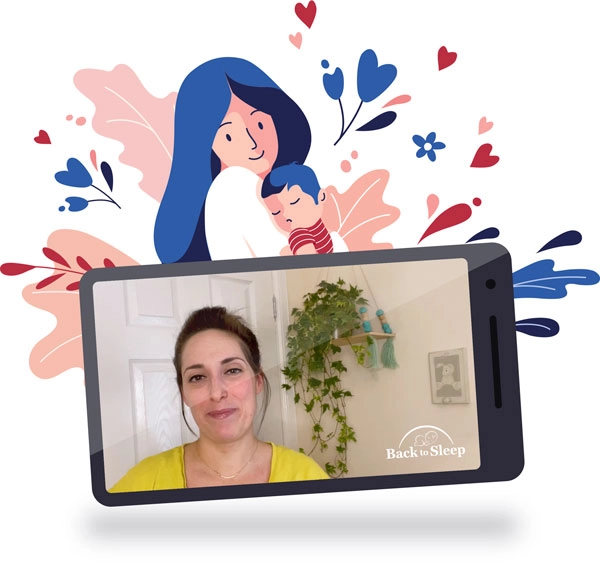Have you ever heard the line ‘keep them up for longer so they’ll be exhausted enough to sleep a full night’?
Or perhaps you went out for a family dinner and thought they’ll wake up later in the morning if they get to bed at 23:00?
Babies and toddlers’ sleep is a developmental need. Sleep helps them grow and their health, body and cognitive development depend on it.
Unfortunately overtiredness makes it harder for them to fall asleep, often causes multiple night wakes and has them on their feet at 5am or earlier. And to top it all off is the unavoidable crankiness! Theirs and ours… Keeping them up or ‘dragging’ a wake window is highly likely to cause the opposite of what they need – quality sleep – and the outcome is high stress levels, making it all even harder.
Sleepy signs
Sleepy signs are the thing to spot when you want an easy bedtime. Their bodies are so clever at telling their story – no words needed!
Healthy sleepy signs can include yawning, red eyebrows, rubbing ears, pulling hair, becoming clingy or showing lack of interest in their toys and food.
Overtiredness signs
When your little one gets past the sleepy stage, they’ll reach overtiredness.
Signs for overtiredness can include hysterical crying, tantrums, difficulty to soothe, catnaps, overactivity or ‘second wind’.
When your baby becomes overtired, their stress response system goes into overdrive, triggering cortisol and adrenaline to flood into their little bodies.
How to avoid reaching overtired mode?
As soon as you spot initial sleepy signs you have up to 30 minutes to get them to bed and avoid overtiredness ruining sleep yet again.
Here are a few tips to help you get it right
- Watch your little one’s body language – not the clock!
- Keep an eye on their wake windows
- Maintain a good bedtime routine
- Make sure they sleep enough hours during the day
It’s important to keep a predictable daily routine as much as possible, but stepping out of it once in a while is a wonderful thing for all! Just remember to be understanding if they become overtired and tackle it as soon as you can to bring back peaceful, quality sleep back.
Remember that at their age – sleep brings sleep!


